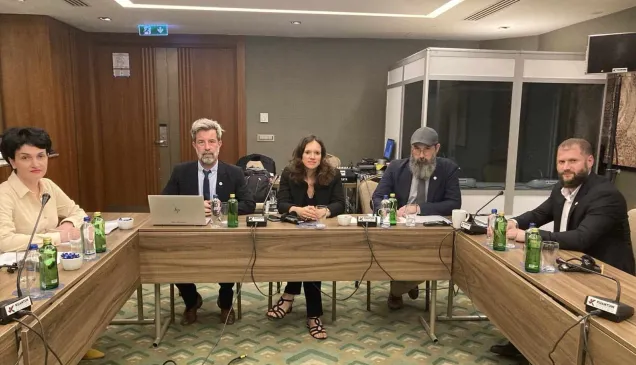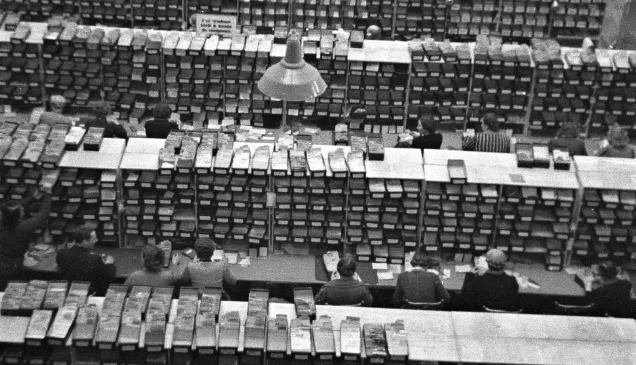A boy believed to be dead reunited with his family
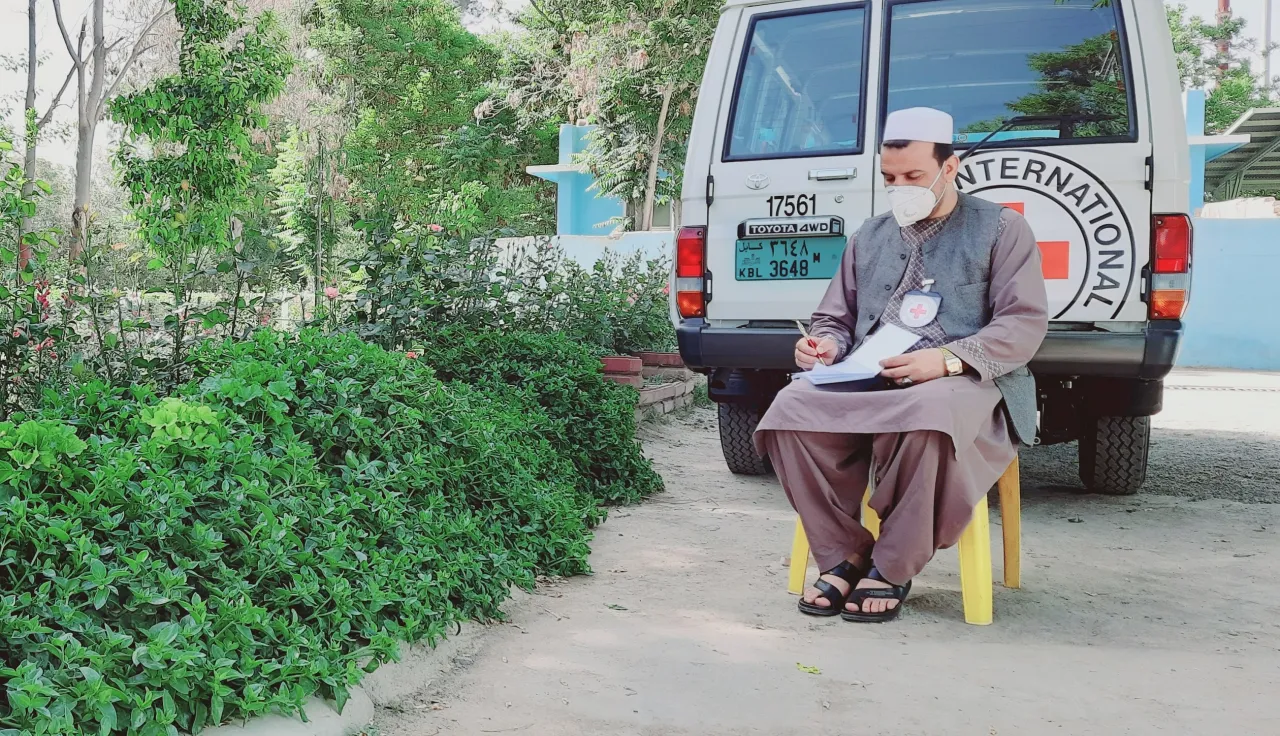
Two years ago, Hakimullah, a young boy with a physical disability lost contact with his family in the southern Uruzgan province of Afghanistan following an armed clash that broke out in his village. For two years, his fate remained unknown. After unsuccessful search, the family ended up abandoning all hopes, believing the young boy was dead. But fortunately, that would be proven wrong.
"Hakimullah was admitted to the Mirwais Regional Hospital in Kandahar. He was brought in by an unknown person and was in a bad condition, he could barely move or talk", said Mohammad Omar Agha, Restoring Family Links (RFL) Field Officer in Kandahar sub-delegation. "He was immediately taken care of and provided with the necessary medical attention his condition requested. Additionally, as the boy was unaccompanied and not able to eat, walk or control himself, we had to hire people to help him with these basic tasks as it is usually the families who take care of food and the different patient needs. We also provided him with toys, books, and stationery."
In the meantime, the RFL team started to look for the relatives of the young boy. But this task quickly proved to be a tricky one. The boy had speaking difficulties and it was very hard to communicate with him and to know more information. He couldn't mention his name or anyone from his family. But the RFL didn't give up and finally discovered a clue that would change everything.
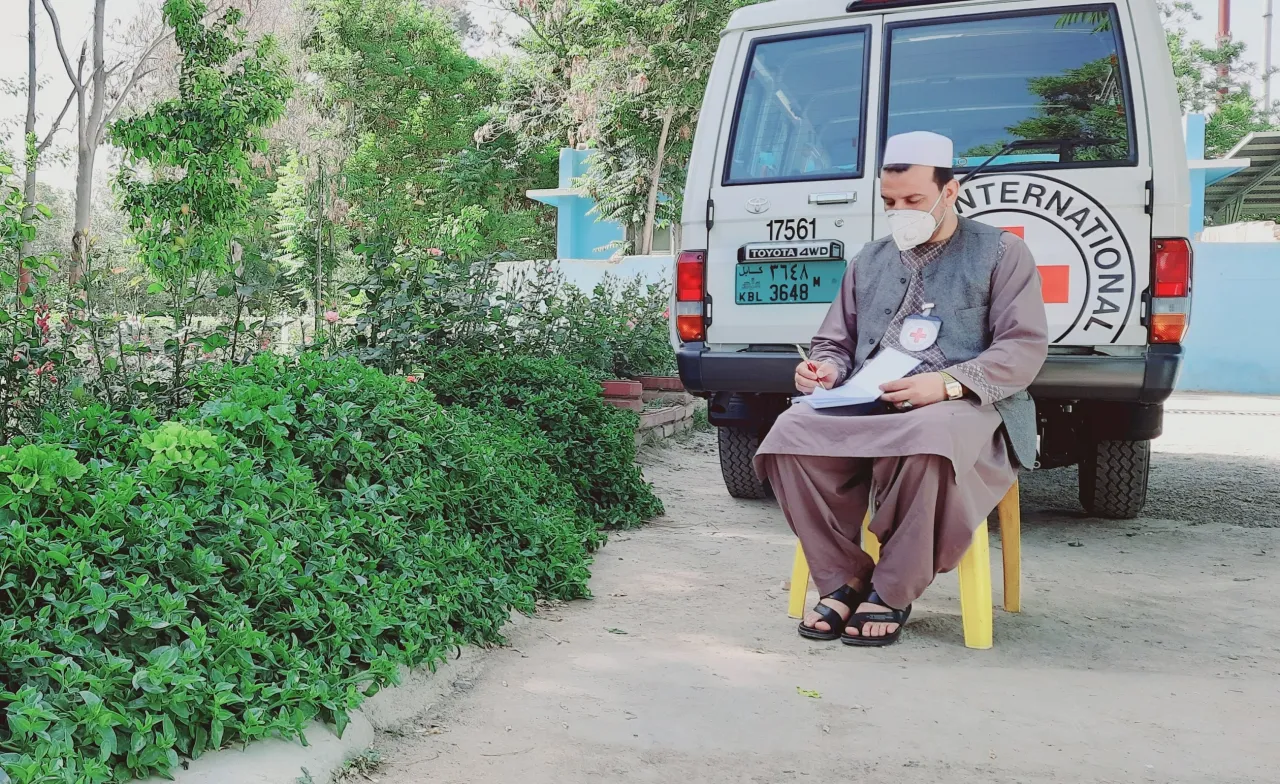
“One day I noticed a fading code number on his prosthetic leg”, added Mohammad Omar Agha. “ I contacted the organization that had provided Hakimullah with the prosthesis. This is when we finally got the answers we were looking for.”
The team found out that the boy was from the Gizab district in Uruzgan province. As the area is wide and the villages to search are many, the ICRC team sought support from the elders of the communities in that area to facilitate the tracing efforts.
"It is a tough job to trace people when you have hardly any telephone network in such remote areas of Afghanistan", stressed Mohammad Omar Agha. "The elders helped us by sending people out on motorbikes to spread the word street by street in the villages. Thanks to the support of the communities, this finally led us to Hakimullah's family in the remote Naikozai village."
His father had unfortunately died during Hakimullah's absence, and his uncle had left for Iran. When the ICRC contacted his uncle Zia-ul-Haq in Iran, he couldn't believe that Hakimullah was still alive. "We had waited a long time for him and lost hope. So even when the ICRC staff contacted us, we did not expect to see him in good health. When I finally saw him at the hospital, I could not hold back my tears or stop myself from running to him," said the uncle.
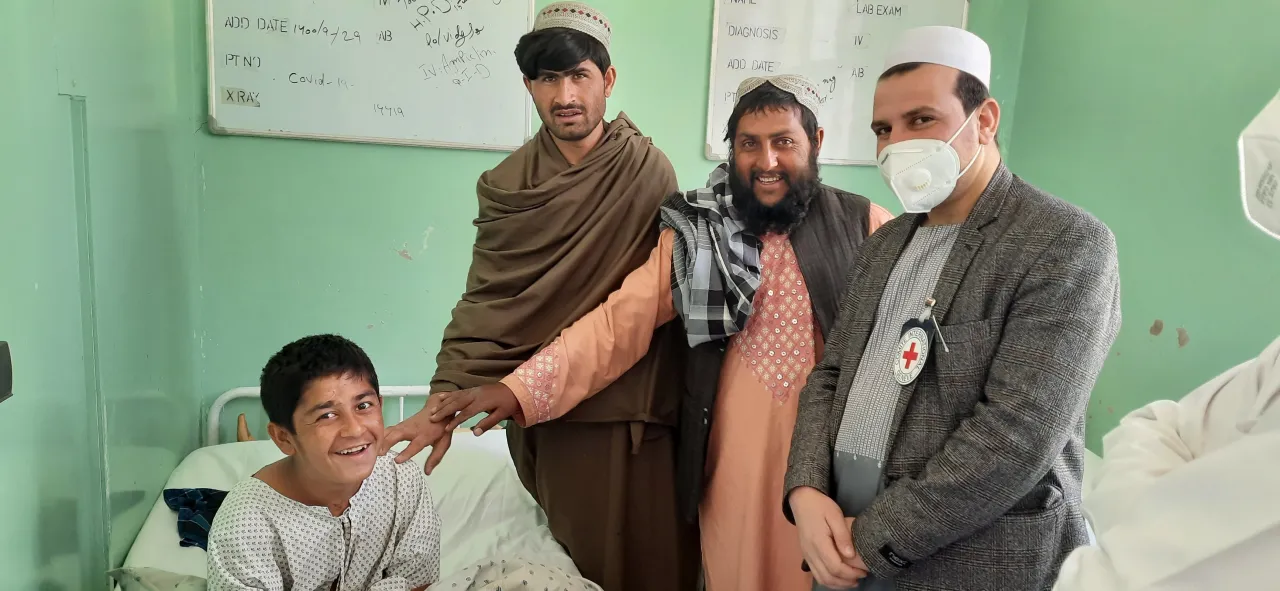
For the young boy too, this reunion was an immediate relief. "When Hakimullah saw his uncle, he totally changed, he looked very happy and started smiling and talking! It was a very emotional moment", recalled Mohammad Omar Agha.
Through our Restoring Family Links services, we trace family members separated by armed conflict, other situations of violence, natural disasters, migration or detention. This service also helps restore and maintain family contact and, when needed, facilitates the reunification of children with their family members. Between January and July 2022, The ICRC in Afghanistan felicitated the reunification of 2 minors with their families and clarified the fate and whereabouts of 97 missing persons.

